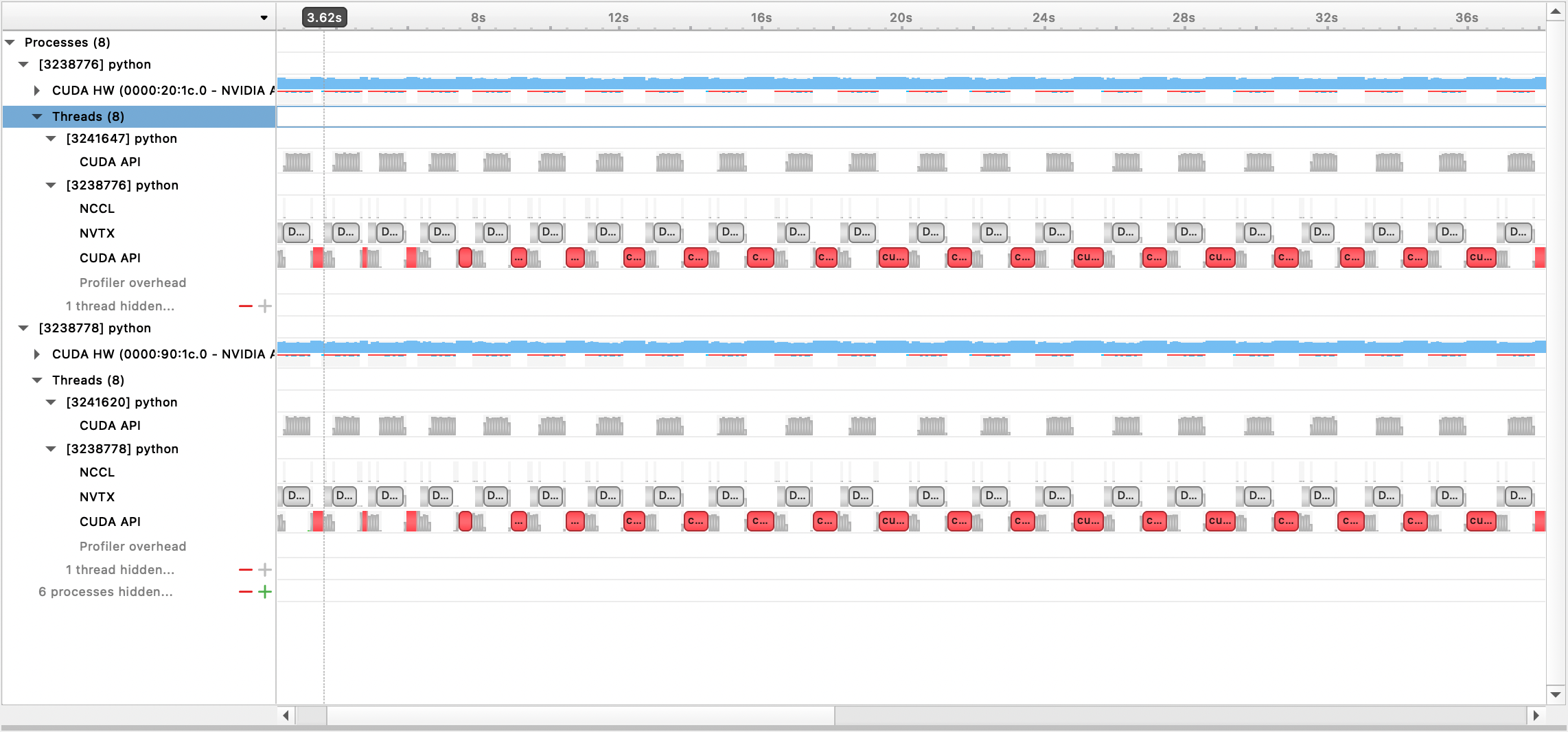Simple and Scalable Strategies to Continually Pre-train Large Language Models
Large language models (LLMs) are routinely pre-trained on billions of tokens, only to start the process over again once new data becomes available. A much more efficient solution is to continually pre-train these models, saving significant compute compared to re-training. However, the distribution shift induced by new data typically results in degraded performance on previous data or poor adaptation to the new data. In this work, we show that a simple and scalable combination of learning rate (LR) re-warming, LR re-decaying, and replay of previous data is sufficient to match the performance of fully re-training from scratch on all available data, as measured by the final loss and the average score on several language model (LM) evaluation benchmarks. Specifically, we show this for a weak but realistic distribution shift between two commonly used LLM pre-training datasets (English$\rightarrow$English) and a stronger distribution shift (English$\rightarrow$German) at the $405$M parameter model scale with large dataset sizes (hundreds of billions of tokens). Selecting the weak but realistic shift for larger-scale experiments, we also find that our continual learning strategies match the re-training baseline for a 10B parameter LLM. Our results demonstrate that LLMs can be successfully updated via simple and scalable continual learning strategies, matching the re-training baseline using only a fraction of the compute. Finally, inspired by previous work, we propose alternatives to the cosine learning rate schedule that help circumvent forgetting induced by LR re-warming and that are not bound to a fixed token budget.
PDF Abstract



 Natural Questions
Natural Questions
 MMLU
MMLU
 TriviaQA
TriviaQA
 HellaSwag
HellaSwag
 BoolQ
BoolQ
 PIQA
PIQA
 OpenBookQA
OpenBookQA
 WinoGrande
WinoGrande
 The Pile
The Pile
 TruthfulQA
TruthfulQA
 MathQA
MathQA